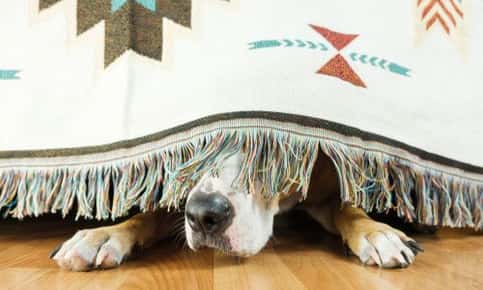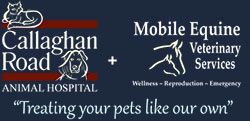
Pets are usually curious about all the stuff around them, and they can’t remain calm and feel restless to get their canine over everything. Pet poisoning is something very dangerous and can even put them at life-threatening risks. They rest their canine over trash, chemicals and a lot of other stuff that they shouldn’t be getting themselves on. This habit can lead them to several diseases and even cause death in unfortunate circumstances. Some people think it is difficult to keep pets safe from poisoning, but that is not the case. You can always save your pets from pet poisoning when you understand how it happens and also how to act on it.
Signs of Pet Poisoning :
There are specific symptoms that can mean your pet is experiencing poisoning.
- Vomiting and Diarrhea
- Being dizzy or disoriented
- Heavy panting
- Unconsciousness
- Wheezing
- Elevated heart rate
- Change of color in the tongue
Tips to avoid Pet Poisoning
- Get a Pet Poison Prevention Kit
You cannot be sure what really causes poisoning in your pets and hence, it is significant that you get yourself a pet poison prevention kit. Prevention is always better than cure.
Usually, a pet poison prevention kit contains the following :
- Gloves
- Hydrogen peroxide
- Syringe
- Saline solution
A kit like this always comes handy, and being overly prepared is always a good trait when it comes to handling pets.
- Lock Hazardous Poisonous Household items away
Various household items are poisonous for pets and the most common cases that veterinarians had to deal with pet poisoning are chocolates, gum and raisins. It is vital you are aware of the house materials that could be dangerous for your pets. Each of these impart a different toxic reaction on pets. To list it out for you, some inhaled poisons include smoke, tear gas, insecticides, household chemicals and pains. When it comes to swallowed poisons, they refer to alkalis, acids, screen wash, necklaces, batteries and others. These items must always be locked away from pets.
- Discard Poisonous plants from your Home
You might think even if plants could become dangerous to pets and lead to poisoning. But the truth is that there are plants that can cause poisoning. Plants such as sago palm, oleander, azalea, spring bulbs, Tulips, Hyacinths, Lily of the Valley, Cyclamen and others are extremely harmful to pets. When you plan to buy an indoor plant, check if it has attributes to be poisonous to your pets. Common signs of pet poisoning due to plants can be linked to neurological inconsistencies, drooling, diarrhea and more.
- Chocolates are not for Pets
This is the most common ways by which pets suffer from poisoning. In fact, most people know chocolates are not for pets. But at the same time, they are careless about leaving the chocolates open for the pets to gobble. The amount of chocolate consumed by the pets matter when it comes to the rate of poisoning. Also, the type of chocolate. To avoid all this worry, you can keep chocolates away from your pets.
- Antifreeze freezes your pet’s life
Antifreeze has a sweet taste that attracts pets. Antifreeze liquids are extremely dangerous and can cause death in just minutes. Also, found in snow globes, you will have to be careful and not leave any spills of liquids that contain antifreeze ingredients. It is also found in both pen and printer ink, and also in some paints. This is why you are at a better position when you use Pet-safe antifreeze.
- Keep Pets away from Medications
You might think how poisoning is possible through medications when you keep it away from pets. But some owners even give medications to pets, which must be avoided at any costs. Human medications react differently with pets. Also, when you mix up your medication and the pets’, you are prone to putting them at an accidental risk of poisoning.
- Handbag Hazards need to be under check
Most of the handbags contain hazardous materials like asthma inhaler, mints, gum, cosmetic products and others. Place your purse away from the pet’s reach for its safety.
Always stay informed of the products, food types, poisonous elements and others that could cause stomach upset or poisoning in your pets. Also, it is essential to have your veterinarian’s number all the time so that you act immediately in the event of serious symptoms of pet poisoning.

